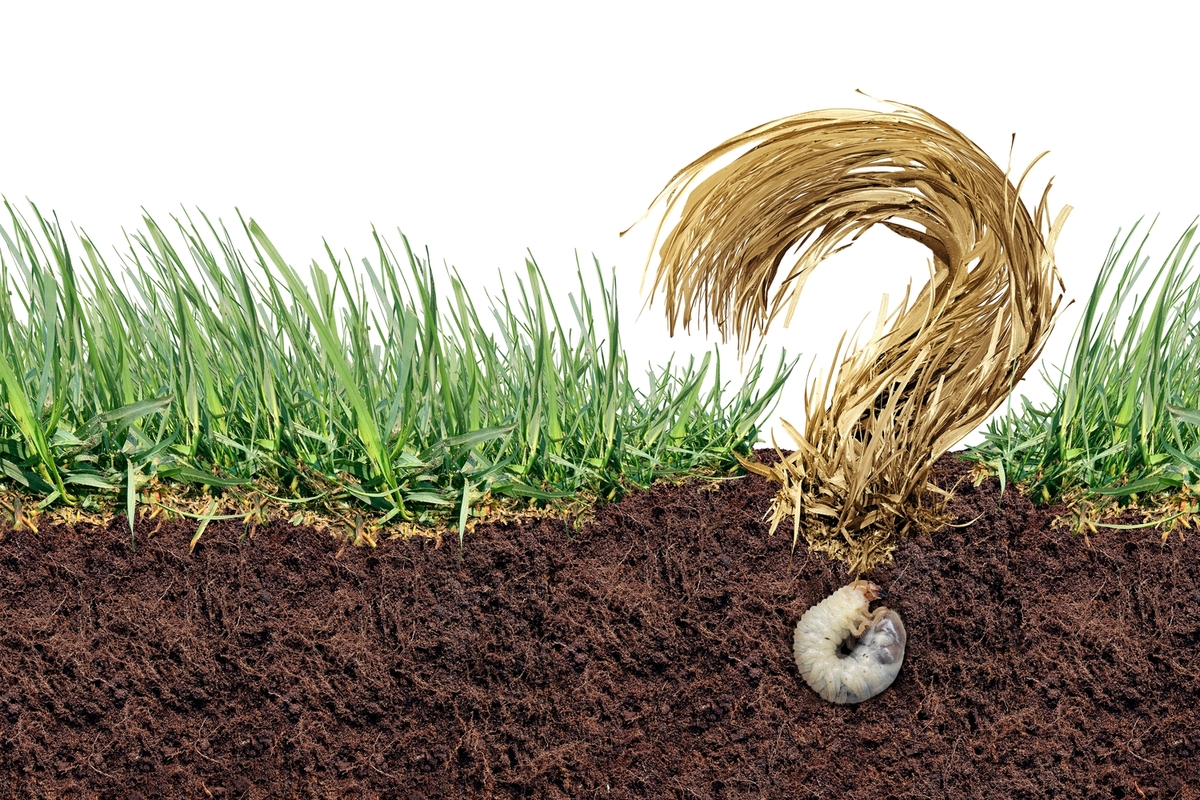Effective Ways to Get Rid of Grubs Fast
Dealing with grubs in your lawn or garden can be a frustrating experience. In this article, we will explore some of the best strategies to eliminate grubs from your outdoor space. These white, C-shaped larvae of beetles can wreak havoc on your grass and plants if left unchecked.
1. Natural Predators: Introducing natural predators like birds, nematodes, and beneficial insects such as parasitic wasps can help control the grub population in your lawn.

2. Milky Spore: Milky spore is a natural bacterium that specifically targets Japanese beetle grubs. Applying milky spore powder to your lawn can help eradicate grubs and prevent future infestations.
3. Neem Oil: Neem oil is a natural insecticide that can be effective in killing grubs. Mix neem oil with water and spray it on the affected areas to eliminate grubs and protect your plants from further damage.
4. Beneficial Nematodes: Beneficial nematodes are microscopic organisms that feed on grubs and other harmful insects. These nematodes can be applied to the soil using a sprayer, effectively reducing the grub population in your lawn.
5. Manual Removal: If you have a small infestation, you can manually remove grubs by handpicking them from the soil. This method is labor-intensive but can be effective for controlling grubs in localized areas.
Getting rid of grubs fast requires a combination of strategies, including natural predators, biological controls, and manual removal. By implementing these methods, you can effectively eliminate grubs from your lawn and garden, ensuring healthy and thriving plants. Remember to monitor your outdoor space regularly to prevent future grub infestations and maintain a vibrant and pest-free environment.















